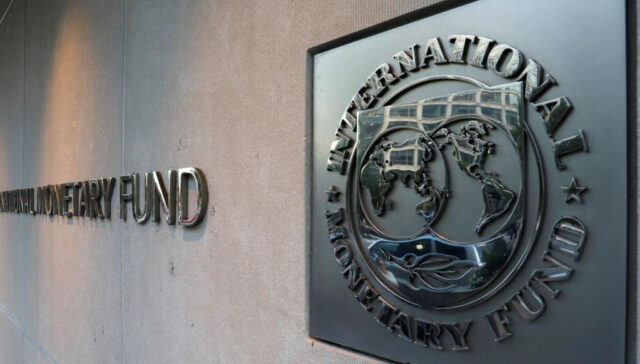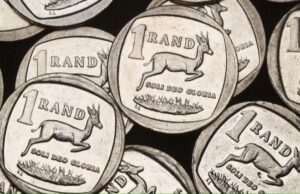
(3 minutes read)
· The International Monetary Fund (IMF) has called for the adoption of the Nigerian Autonomous Foreign Exchange (NAFEX) rates for official transactions and the unification of all rates to achieve a market-clearing rate
· After a virtual meeting with Nigerian authorities from June 1 to 8, The IMF has suggested a number of decisions were taken to streamline the economy
· The IMF noted that that the fiscal deficit of the
consolidated government is expected to remain elevated at 5.5 per cent of the gross domestic product (GDP) has to be reined in with more reform measures
The International Monetary Fund (IMF) has called for the adoption of the Nigerian Autonomous Foreign Exchange (NAFEX) rates for official transactions and the unification of all rates to achieve a market-clearing rate. After a virtual meeting with Nigerian authorities from June 1 to 8, The IMF has suggested a number of decisions were taken to streamline the economy.
The mission recommended maintaining the momentum towards unifying all exchange rate and adoption of a market-clearing exchange rate. The mission recommended integrating the interbank and debt markets and using the central bank or government bills of short-maturity as the main liquidity management tool. It laid less importance on the cash reserve requirements.
The mission also urged the authorities to keep CBN overdrafts for deficit financing within legal limits. The IMF has called on the
government to make efforts to strengthen budget planning and public finance management practices to allow for flexible financing from domestic markets and better integration of cash and debt management.
The IMF noted that that the fiscal deficit of the consolidated government is expected to remain elevated at 5.5 per cent of the gross domestic product (GDP) has to be reined in with more reform measures. The multilateral bank expressed concerns about the resurging fuel subsidies and called for a “market-based fuel pricing mechanism” to reduce the fiscal deficit.











